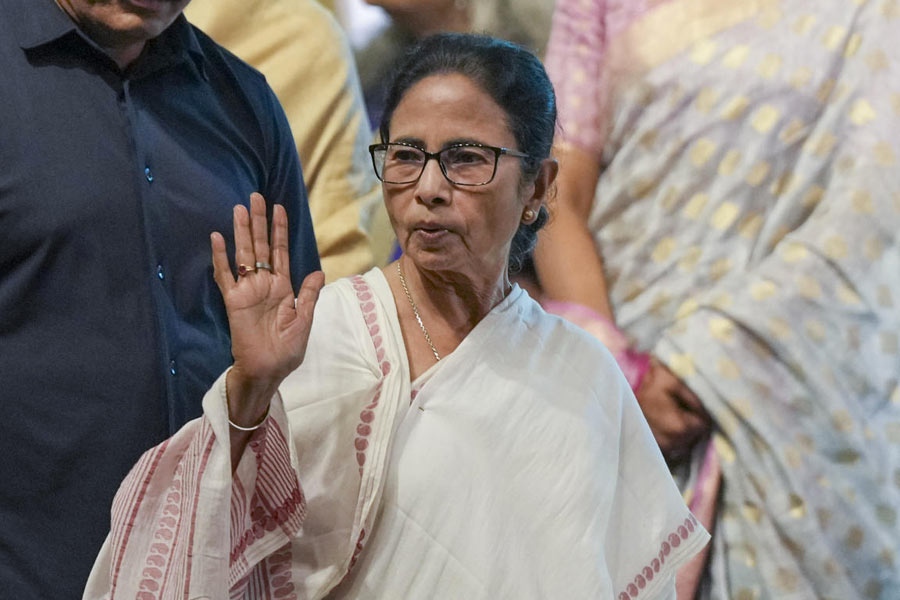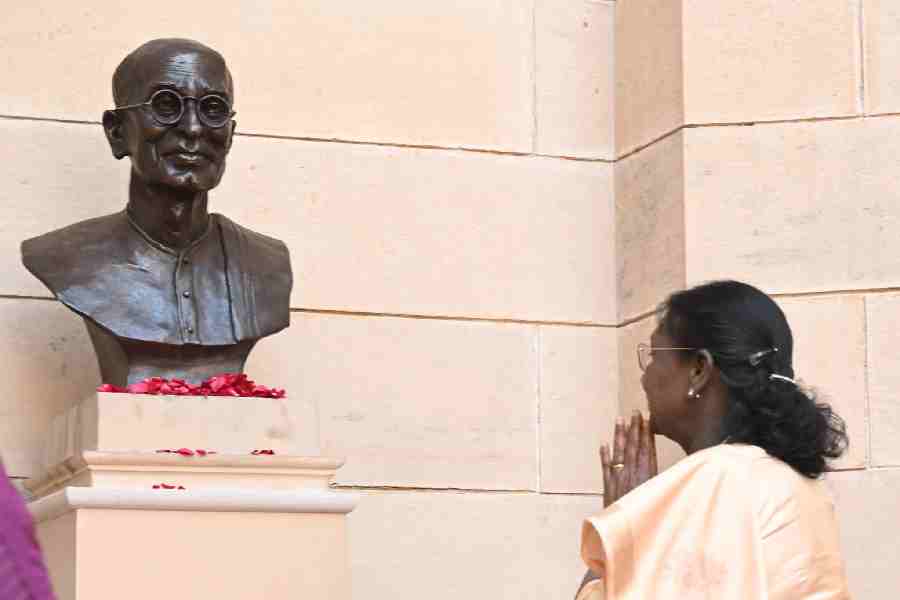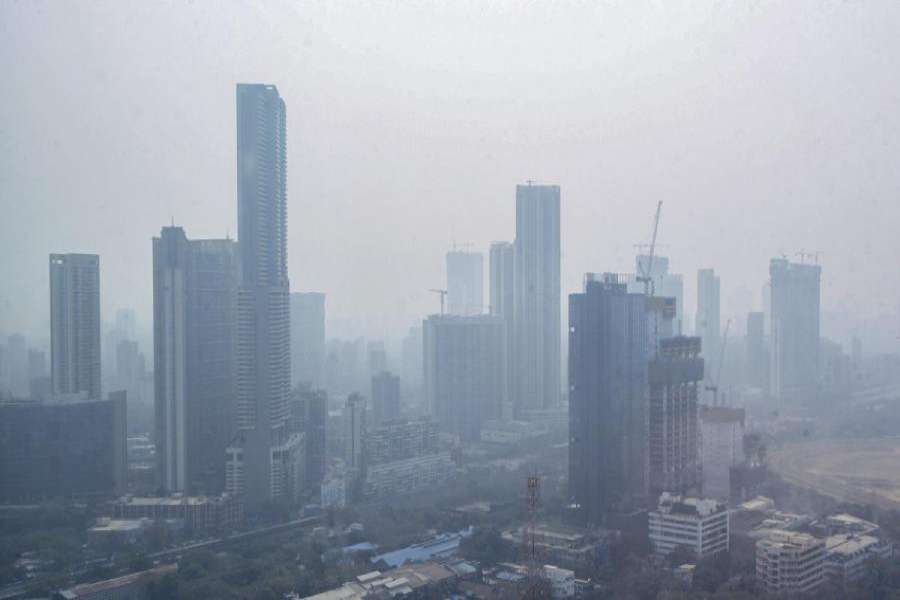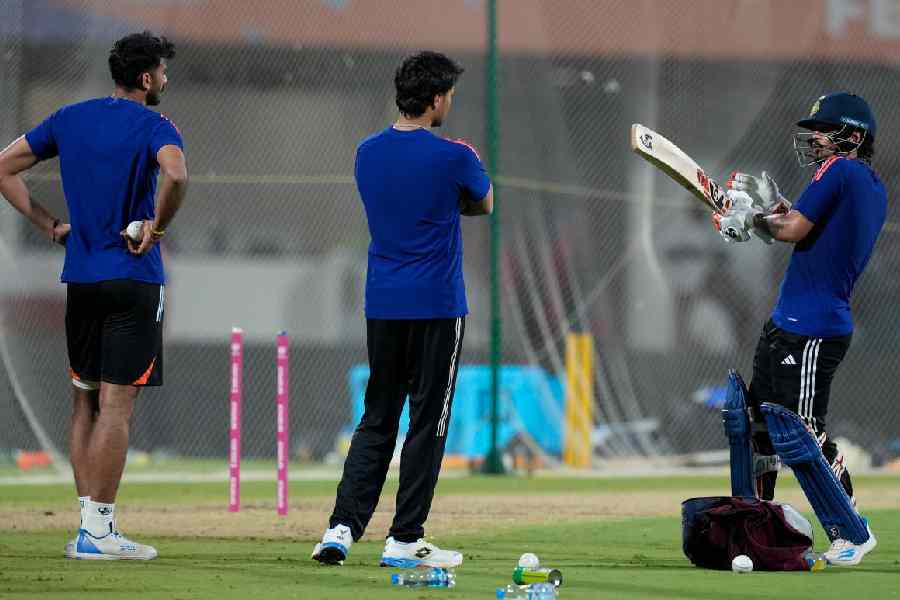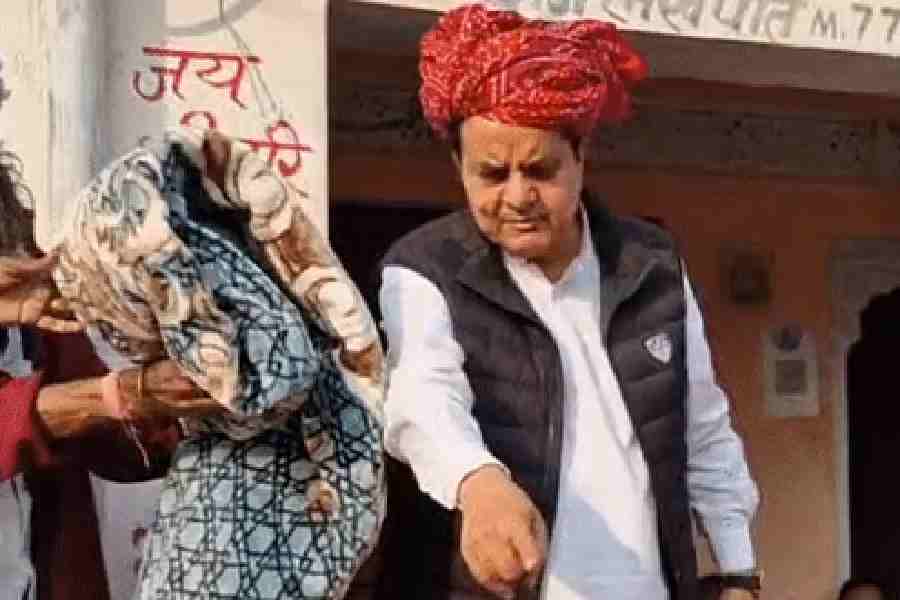 |
Guwahati, Nov. 21: The Northeast needs to make optimum use of its waterbodies as a first step towards making its cities “smart”.
“If Gujarat can develop the Sabarmati riverfront, Assam can also make use of the magnificent Brahmaputra and develop the areas around it. Boston also has a river like the Brahmaputra and look at how the city has developed around it,” said Sudhir Krishna, former secretary of the Union ministry of urban development, at a conference titled NextGen Cities — Solutions for Citizen-centric Urban Development here today.
Speakers at the seminar also stressed on an integrated approach involving the creation of physical, social, economic and institutional infrastructure to transform cities into “smart cities”.
A “smart city” is an urban area highly advanced in terms of infrastructure, sustainable real estate, communications and market viability. It is a city where information technology is the principal infrastructure and the basis for providing essential services to residents.
“A smart city has to be efficient in terms of saving time and money, should have predictable procedures for transparency and must have projects that are financially, socially and environmentally viable,” Krishna said, adding that along with planned urbanisation, a city like Guwahati must have the basic amenities in place.
“While urbanisation and focus on regional planning hold the key to growth, the cities in the Northeast must have basic amenities such as 24x7 water supply, solid waste and sewage management, intelligent transport systems and street lighting in place. The services have to be citizen-centric and the participation of citizens in the governance of cities is imperative,” he said.
Five cities and towns of Assam — Guwahati, Goalpara, Udalguri, Tangla and Tinsukia — find a place in Prime Minister Narendra Modi’s list of 100 proposed smart cities for the year 2014-15.
Two towns in Manipur — Chandel and Bishnupur — also find a place in the list.
“We have proposed the names of Jorhat, Golaghat, Tezpur and Silchar to the Centre recently,” said U.N. Bora, the secretary of Assam urban development department.
In his welcome address, V.B. Pyarelal, Assam’s additional chief secretary (power), underlined the need to attract private investments to develop a city.
“We need to take the private-public-partnership route in a bigger way if we are to transform places into smart cities,” he said.
Subrata Das, the industry director, public services, SAP India, stressed the need to realise an integrated city development plan for Guwahati through collaboration of the development authority, the municipal corporation and the police.
Sessions on managing complex disasters, creating sustainable urban mobility solutions, ICT (information and communication technology) interventions for smart cities and the role of ICT in smart city governance were also part of the conference.
The daylong conference was organised by the Union ministry of urban development and Governance Now, a fortnightly magazine.


